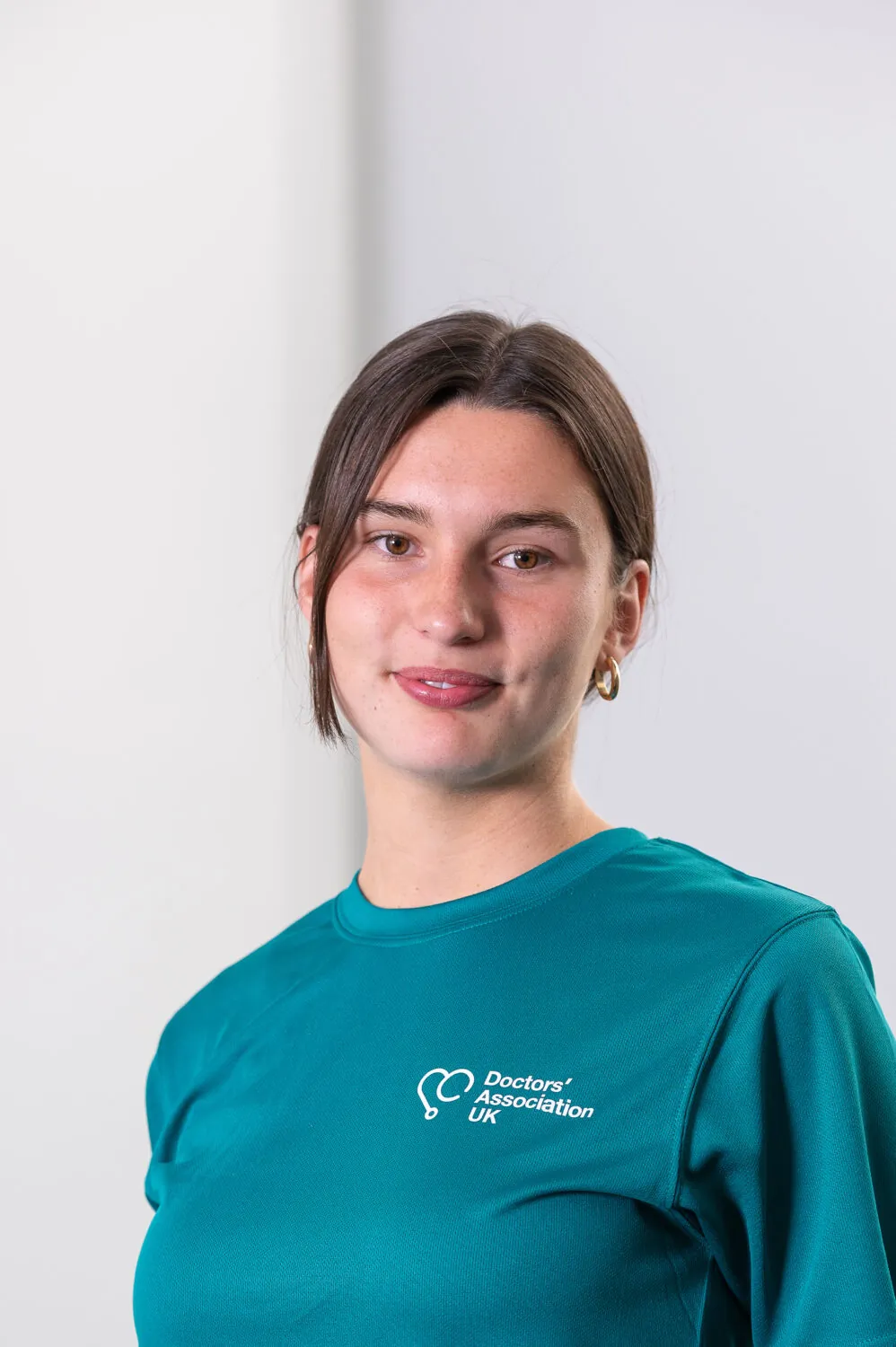
The NHS is facing a chronic shortage of GPs, as new figures show family doctors are quitting at a rate of three a day.
GP surgeries in England lost nearly 300 full-time doctors in the three months before Christmas, according to official NHS stats.
They were over-stretched even before the pandemic – expected to take on more work with no extra time to do it.
And now the extra pressures of Covid-19, including helping to deliver Britain’s world-beating Covid jab rollout, have left many facing burnout.
New doctors can’t be trained quick enough to replace them – with a shortfall of 7,000 GPs expected by 2023.
Professor Martin Marshall, Chair of the Royal College of GPs, said: “GPs and our teams want to provide safe, high-quality care to our patients and we can only do this with an adequate workforce. We desperately need more GPs working in the NHS.”
The figures, revealed in NHS Digital’s latest GP headcount, show the Tory government’s 2015 promise of delivering 5,000 new GPs by 2020 was a sham.
In fact the number rose by just 717 – from 34,429 at the end of September 2015 to 35,146 on December 31 2020.
And when looking at the number of fully-qualified permanent GPs – excluding locums and registrars – the number has actually dropped from 28,631 to 26,754.
Cheshire GP Dr Rosie Shire, a member of the Doctors’ Association UK GP Committee, said: “It isn’t surprising GPs are leaving the profession. My personal experience is that GPs are burning out through increasing pressure, struggling with low morale and looking at alternative careers.
“We are also seeing colleagues dying from Covid-19. Mental Health services that support all doctors are seeing an increase in contacts from doctors struggling to cope.
“We have been advised we can reduce some non-essential work to enable us to support the Covid-19 vaccination programme, but it is hard to find what part of General Practice work is non-essential?
“Smear tests, diabetes reviews, and baby vaccinations still need to happen to ensure we help people stay as well as they can.
“We were maxed out before the pandemic, and now we are struggling.”
She added: “When the pandemic hit the UK GPs had to change the way they operate virtually overnight.
“We are only too aware the limitations of remote consultations via telephone, video and email, and we still need to call patients to the surgery for face to face appointments.
“Remote consultations involve extra risk, so the GP needs to be even more thorough in the consultation to make sure they understand the problem and communicate the suggested treatment plan.
“This often takes longer than the standard 10 minute GP consultation, which was woefully short to begin with.
“All the staff in General Practice are working as hard as they can, and 5,000 extra GPs on the ground in 2020, would have helped ease the pressures created by the worldwide pandemic.
“Along with other frontline workers, we are struggling to get chance to rest and recharge. At the moment it feels like there isn’t any let up.”
Read the article in full here: https://www.mirror.co.uk/news/uk-news/fears-doctors-suffer-burnout-nhs-23498066





